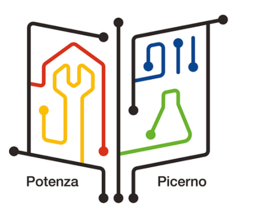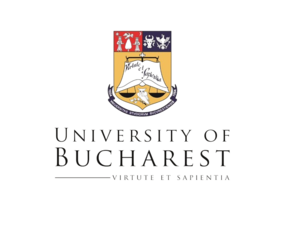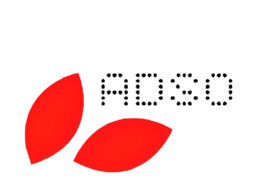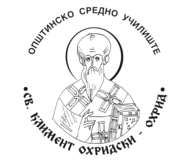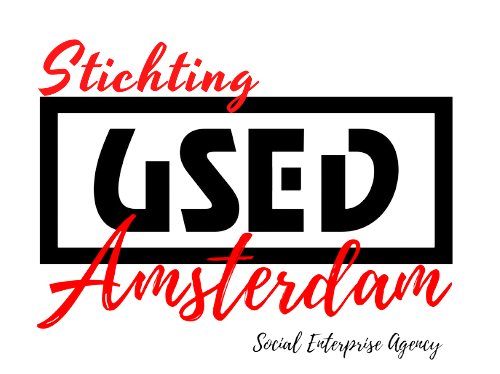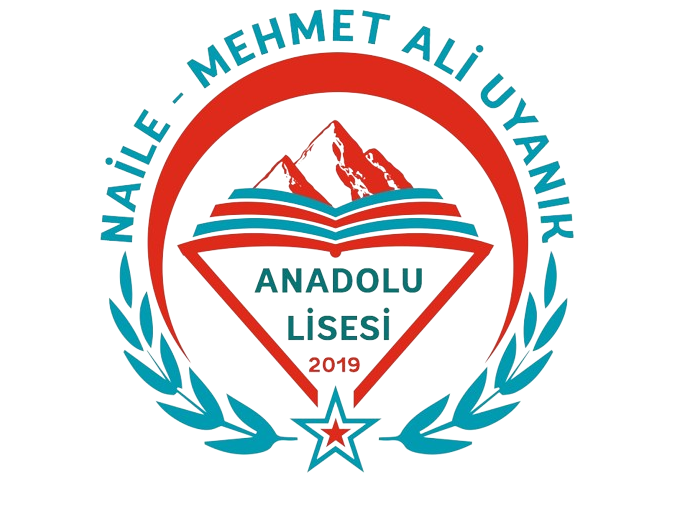The I.I.S. 'Einstein-De Lorenzo'
The I.I.S. 'Einstein-De Lorenzo' in Potenza is currently composed of the 'Albert Einstein' Industrial Technical Institute, the 'Giuseppe De Lorenzo' Technical Institute for Surveyors (located in the city of Potenza) and the 'Albert Einstein' Industrial Technical Institute in Picerno. These are three historical institutes in the region that, from time to time and for different reasons, have contributed to 'making' the history of the city and the province, producing generations, who have distinguished themselves over time for their will and sense of responsibility.
The University of Bucharest
The University of Bucharest (UB) is called upon to respond to the requests of the Bologna process, not only in the educational dimension, but also in the engaging dimension of the development of knowledge and culture, according to the new quality, compatibility, performance and competitiveness European and worldwide standards. The finality of our activity is that UB reaches all these international standards. The well-known role of the universities is that of important contribution at the evolution.
Association D'entrepreneuriat Socail
Association D'entrepreneuriat Socail, abbreviated ADSO, is an international non-profit civil society organisation based in Paris. Our association organises activities in the field of education, sustainable entrepreneurship and arts at local, national and international level and produces projects for the empowerment of adults and the inclusion of young people and adults in decision-making processes. ADSO is also an expert in the field of MED (monitoring, evaluation and dissemination) and carries out MED activities of project-based.
ZespoI Szkol Ogolnoksztalcacych nr 5 IV Liceum Ogolnoksztalcace z Oddzialami Mistrzostwa Sportowego im.
ZSO 5 IV Liceum z OMS im. Marynarzy WOP is a 77 year old secondary school situated in a seaside Gdańsk in the north of Poland. The school has 80 well-qualified teaching staff and 500 different abilities students, aged 15-19 who take their O and A level exams at 19 to go to university. Students here have a choice of learning such foreign languages as: English German, Russian.
St Kliment Ohridski
St Kliment Ohridski, Ohrid, has a centuries-old tradition starting from 1920. It is a municipal high school (Gymnasium) with 32 classes with about 820 students (our students are between 14 and 19 years old) and 55 teachers, offering four years of education with 8 courses per year. The same subjects are taught in the first two years, except in the second year when students choose between Latin, information technology, ethics and writing and speaking. Then, from the third year onwards, they choose between Arts and Languages, Humanities and Mathematics and Natural Sciences.
Cumhuriyet Anadolu Lisesi
Our school was founded in 1972 with the mission of raising generations capable of research, analysis and CAL was founded in 1972 with the mission of raising generations capable of research, analysis and synthesis; preparing all students for life and higher education in an educational environment based on reason and science; building bridges that connect yesterday to today and today to tomorrow; being an exemplary school in its region and in the country with the cooperation of administrators, teachers, staff, students and parents.
Stichting USED-Amsterdam-Social Enterprise Agency
SU-ASEA is to drive digital skills training and innovation across Europe, for both educational institutions and professionals, for the labour market and for all European citizens in general. Our vision is to become a leading international social organisation through continuously improving education and innovation in digital and entrepreneurial skills to contribute to economic, social and cultural digital challenges. In the context of these activities; It has a wide network including universities, non-governmental organisations, IT sector, companies and social enterprises. SU-ASEA carries out its activities with 40 members and 6 employees.
Naile Mehmet Ali Uyanık Anadolu Lisesi
Naile Mehmet Ali Uyanık Anatolian High School (NMUAL) is a public school built by a philanthropist. The school has 630 students and 49 teachers. Students' ages are between 14 and 18. The school has 24 classrooms, a gymnasium, a dining hall, a canteen, an art studio, a science laboratory, a chemistry laboratory, an information technology classroom, 2 student councelling services, a music classroom and a library. The education programme of our school is limited to the school curriculum. These are; Literature, Foreign Language (English and German), Mathematics, Physics / Chemistry / Biology, Visual Arts, Health Science, History and Geography.
